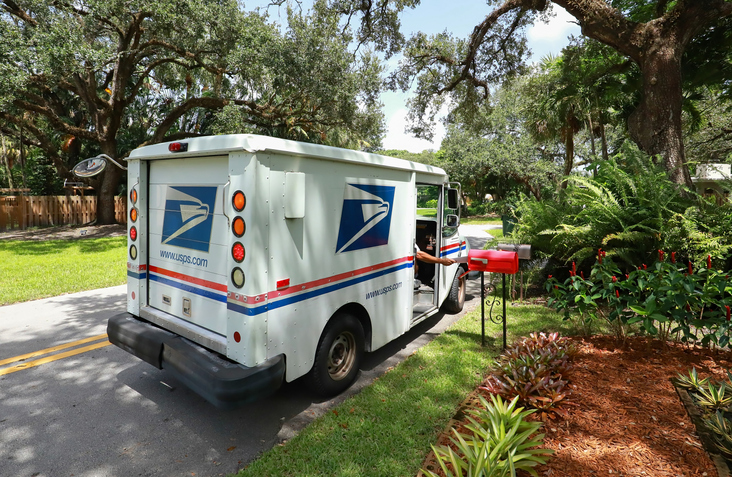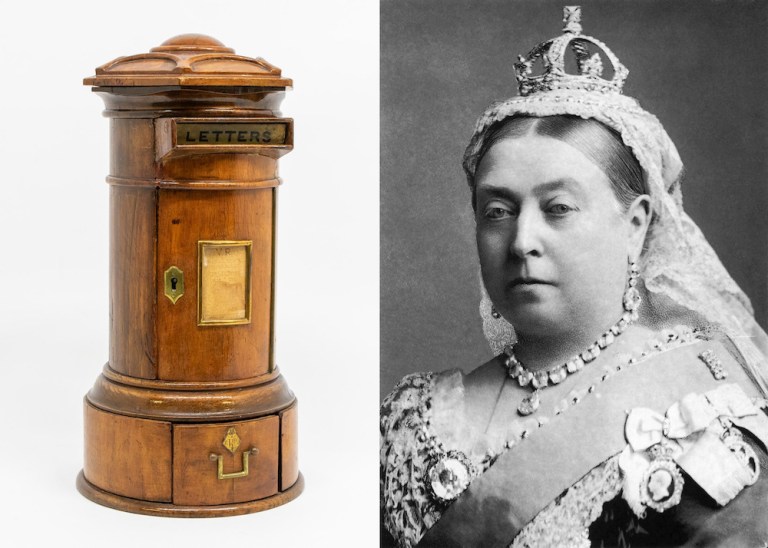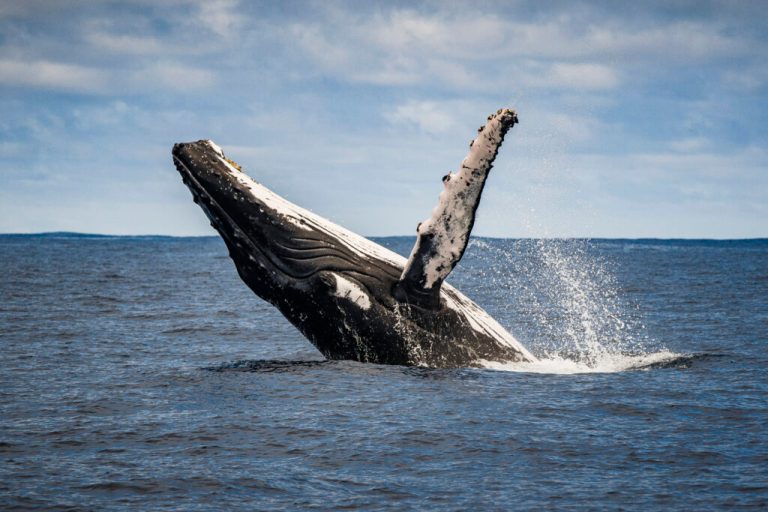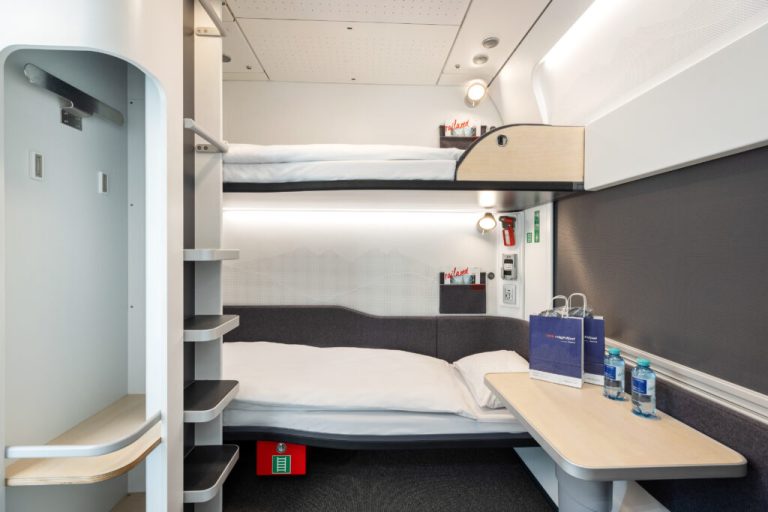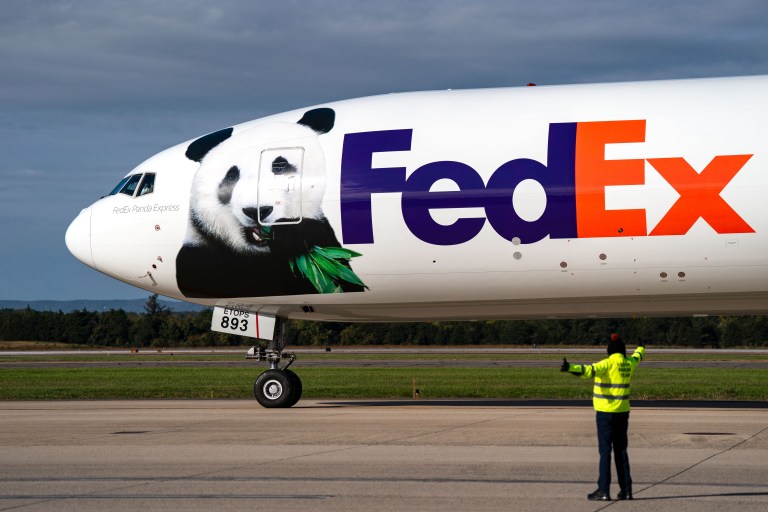Although American society is widely recognized for its independence and individualism, research shows that cooperation among strangers in the United States has gradually grown since the 1950s.
A group of researchers conducted an analysis of stranger cooperation that was observed over the course of six decades, from 1956 to 2017. During that time period, more than 63,000 people took part in 511 studies that included lab experiments and measured how strangers cooperated with one another.
In the recent study, published by the American Psychological Association, the team found that there has been “a slight increase in cooperation over time,” noting that they “found no evidence for a decline in cooperation over the 61-year period.”
“The increase in cooperation was associated with increases in urbanization, societal wealth, income inequality, and the number of people living alone. The study cannot prove those factors caused an increase in cooperation, only that there is a correlation,” a press release states.
Yu Kou, the study’s lead researcher and a professor of social psychology, said the findings were an unexpected surprise. “We were surprised by our findings that Americans became more cooperative over the last six decades because many people believe U.S. society is becoming less socially connected, less trusting and less committed to the common good,” said Kou.
“Greater cooperation within and between societies may help us tackle global challenges, such as responses to pandemics, climate change, and immigrant crises,” she added.
The results are a hopeful sign of a society that will continue to work with others for the greater good, especially in the face of adversity. Strangers’ willingness to work together sparks a glimmer of hope for a brighter, more unified future.
“U.S. society may have become more individualistic,” said study co-author Paul Van Lange, “but people have not.”


